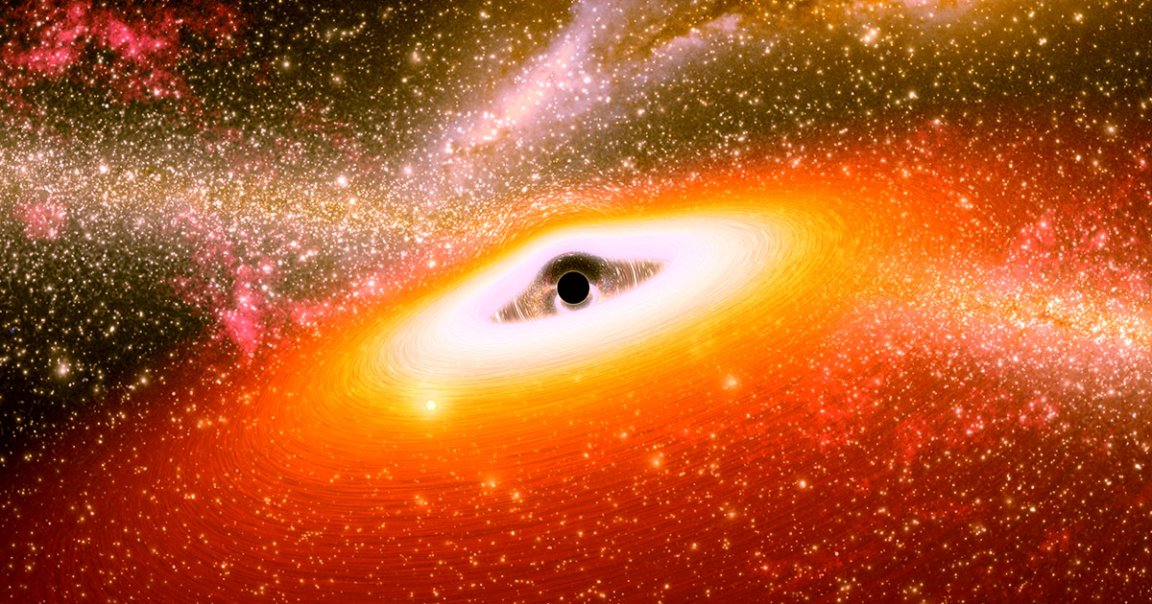
Cosmically Old
Scientists have uncovered a supermassive black hole inside one of the earliest known galaxies in the universe, making this the earliest black hole that has been discovered so far, ScienceAlert reports.
It’s absolutely enormous at roughly nine million times the mass of the Sun — and scientific data shows that it’s growing as it sucks in cosmic dust and matter in its neighborhood.
Using the James Webb Space Telescope (JWST), researchers found the black hole inside a galaxy that existed just a mere 570 million years after the Big Bang. In other words, it’s at least 13.2 billion years old.
It is an interesting discovery because it shows that black holes were being formed even in the early history of the cosmos, ScienceAlert reports, an era called the Cosmic Dawn, when the first stars and galaxies started to flare into existence.
“We found the most distant active galactic nucleus (AGN) and the most distant, earliest black hole we’ve ever found,” Rebecca Larson, an astrophysicist at The University of Texas at Austin and lead author of the black hole research published in The Astrophysical Journal Letters, told ScienceAlert.
Peering at the Past
The research was part of the JWST’s Cosmic Evolution Early Release Science (CEERS) Survey, which involved the telescope gathering data from the galaxy CEERS 1019 using all four of its instruments for just one hour.
“In the moment I was kind of like, wow look at everything we can see with JWST, we’ve seen this whole portion of the spectrum of this galaxy — and any galaxies early on in the Universe — we’ve never seen before,” Larson told ScienceAlert. “I was just overwhelmed by the amount of information.”
At first, Larson and her team were looking at light produced by star formations during the Cosmic Dawn. But she saw that CEERS 1019 had some interesting data coming from it as well: light from stars blinking into existence inside the young galaxy plus signs of fast-moving, swirling gas — telltale signs of the existence of a growing black hole, according to ScienceAlert.
Larson is hoping we will discover even more distant supermassive black holes in the future, further offering clues to unlocking the cosmos’ many mysteries.
“I don’t think my record will stand for long,” Larson told ScienceAlert. “And I hope it doesn’t, because I think that that’s more exciting, that we’re starting to answer these questions.”
More on black holes: New Image of Black Hole Shows Colossal Jets Looking Like Tentacles